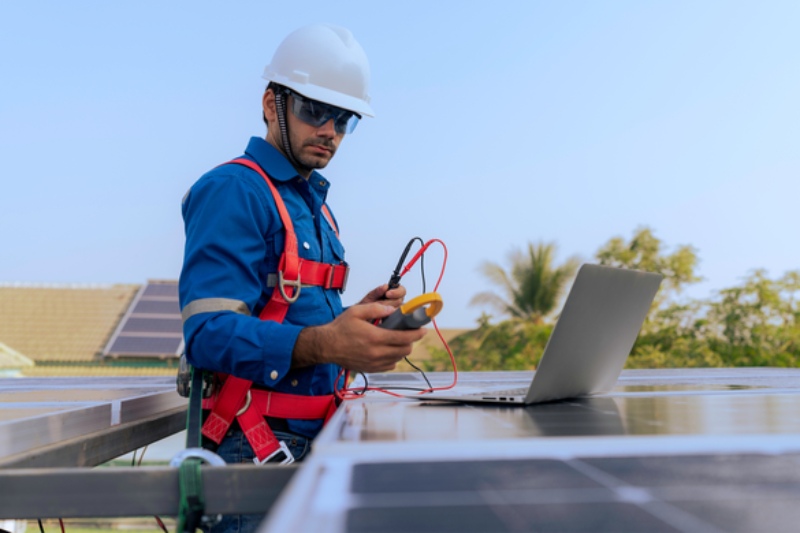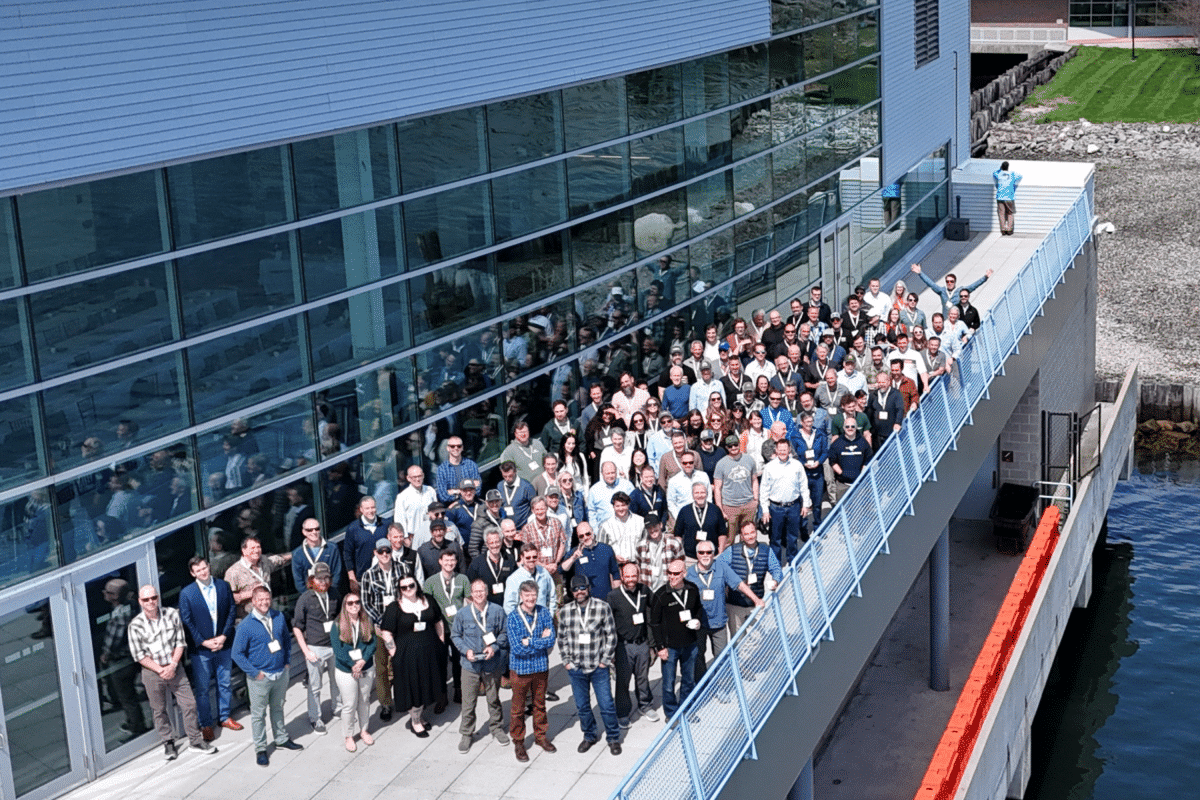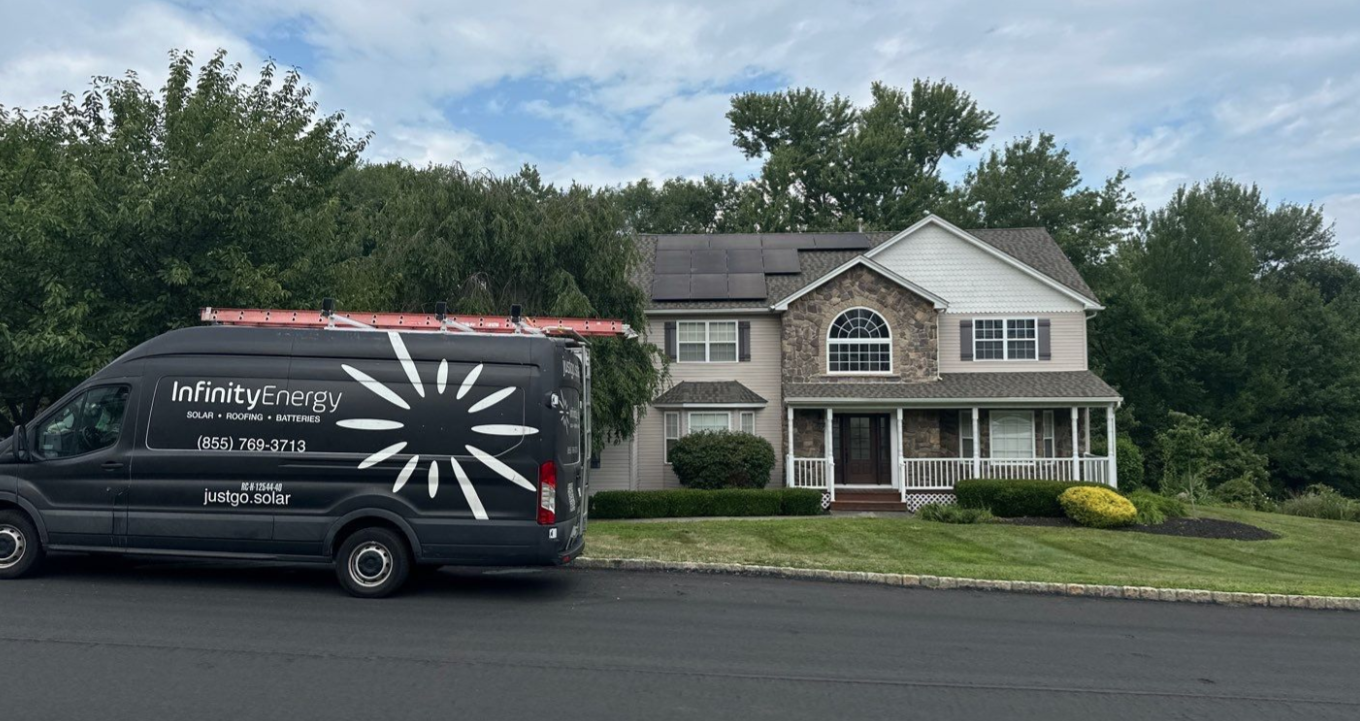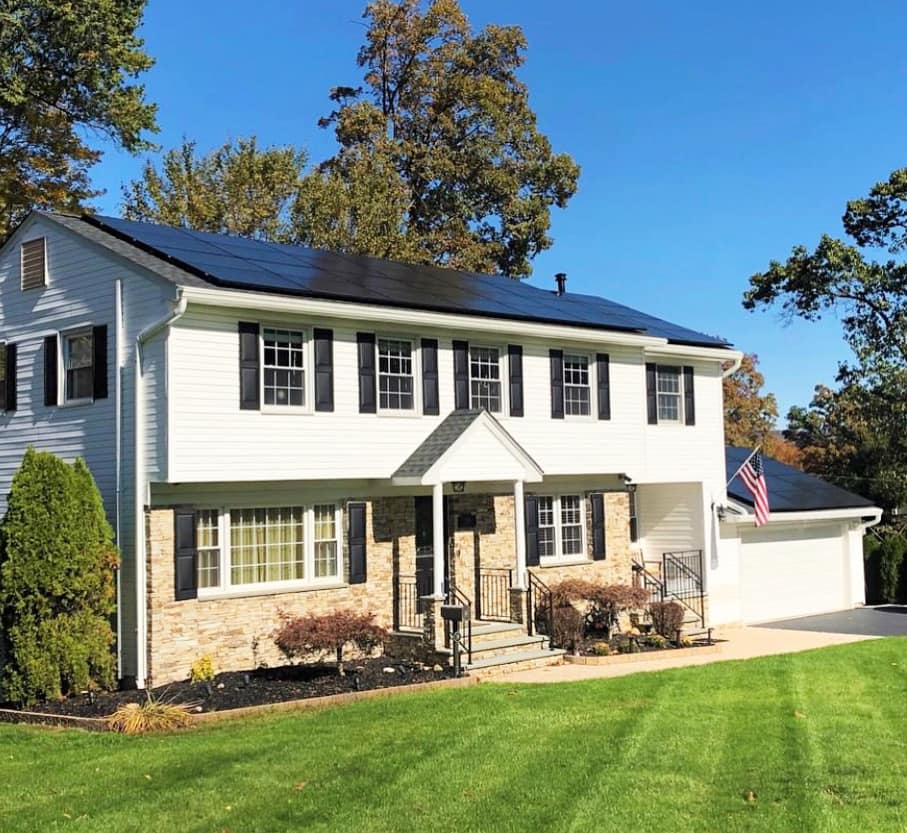There are several things to expect during residential solar inspections NJ. Undoubtedly, switching your home to solar energy has long-lasting benefits for sustainability and lower electric costs. Of course, a safe, secure solar installation is essential for a successful solar installation. As a home owner in the market for solar, you need to know what to expect during your rooftop solar system inspection. This way, you can ensure your solar panels are secure on your roof, wired properly, and ready for grid interconnection. Read on to learn about what to expect during residential solar inspections NJ.
Pre-Installation Evaluation
First, you solar contractors will conduct a pre-installation evaluation as part of your home solar inspection NJ. Importantly, pre-installation inspections ensure that your property’s electrical system can handle a solar system. In addition, solar engineers need to inspect your roof’s structure. Indeed, this is crucial to make sure it can withstand the weight of solar panels Monroe and racking equipment. During your pre-installation residential solar inspection, contractors will also assess your roof’s angle and sun exposure. Using this information, they can create a unique custom design to maximize your solar system efficiency. Definitely, ask your solar panel installer about a pre-installation solar system inspections NJ.
Post-Installation System Turn Off
Once your solar panels have been installed, a representative from your local government’s building department will turn off your system for your solar inspection NJ. Typically, solar inspectors need to shut down your system for a short time to conduct a safe inspection. Indeed, they can examine your solar panels, modules, and inverters in more depth when the power is shut off. When your solar inspectors arrive, they usually ask you to show them where your main electrical panel is located. Often, it is in the garage or attic. If the electric panel is accessible, the inspector will shut down your system for a short time while they check your solar connection and wiring. Absolutely, a post-installation turn off is important for a safe new home solar panel inspection NJ.
Electrical Requirements Review
In addition, building department reps review your electrical requirements for your residential solar inspection NJ. During this phase, solar inspectors are usually checking to ensure your solar components are installed safely. For example, they look to ensure your residential solar system wiring lines up with National Electric Code (NEC) standards and the manufacturer’s instructions. Fortunately, most residential PV systems are simple from an electrical standpoint. Since solar panels, inverters, and other solar energy equipment financing NJ must be NEC certified, solar inspectors do not need to check product quality during their post-installation visit. In fact, an electrical engineer is usually only needed for highly complex systems. Certainly, an electrical requirements review is a key part of NJ house solar system inspections.
Fire Safety Assessment
Moreover, building department representatives also assess fire safety during post-installation solar panel inspections NJ. In 2017, the New Jersey Division of Fire Safety adopted a new rule that requires emblems to identify solar-powered buildings. Since rooftop residential solar systems can pose a higher risk during a fire, these emblems are critical for first responders to take proper precautions. Notably, solar panels carry enough voltage to injure anyone who comes in contact with their energy conductors. Thus, solar contractors check for this emblem during home solar inspections. In addition, they check to make sure your system allows for proper smoke ventilation. They also make sure your roof has a clear, easy access point in line with building codes. Undoubtedly, a fire safety assessment is essential to pass your solar system inspections NJ.
Permission To Operate
Depending on the results of your New Jersey solar system inspection, your utility company will likely grant permission to operate (PTO). Typically, your utility company will schedule a home solar inspection within five days of receiving an approved Uniform Construction Code (UCC). Often, this inspection occurs within 20 days of receiving construction approval. If your residential system passes electrical and safety checks, the utility will likely grant permission to operate. Then, they replace your meter with a bi-directional or net meter. This way, you can generate income if your solar system generates more energy than you use for how long your solar panels last in NJ. Of course, your utility will notify you about the best course of action in the event your system fails inspection. In short, permission to operate is a crucial part of home solar inspection NJ to get your system up and running.
There are several things to expect during residential solar inspections NJ. First, solar contractors conduct a pre-installation evaluation. Once your solar system is installed, a building department representative turns off your system for a safer inspection process. In addition, they review your electrical requirements and assess fire safety. Furthermore, they grant permission to operate if your system passes all the essential checks. Consider these points to know what to expect during residential solar inspections NJ.










